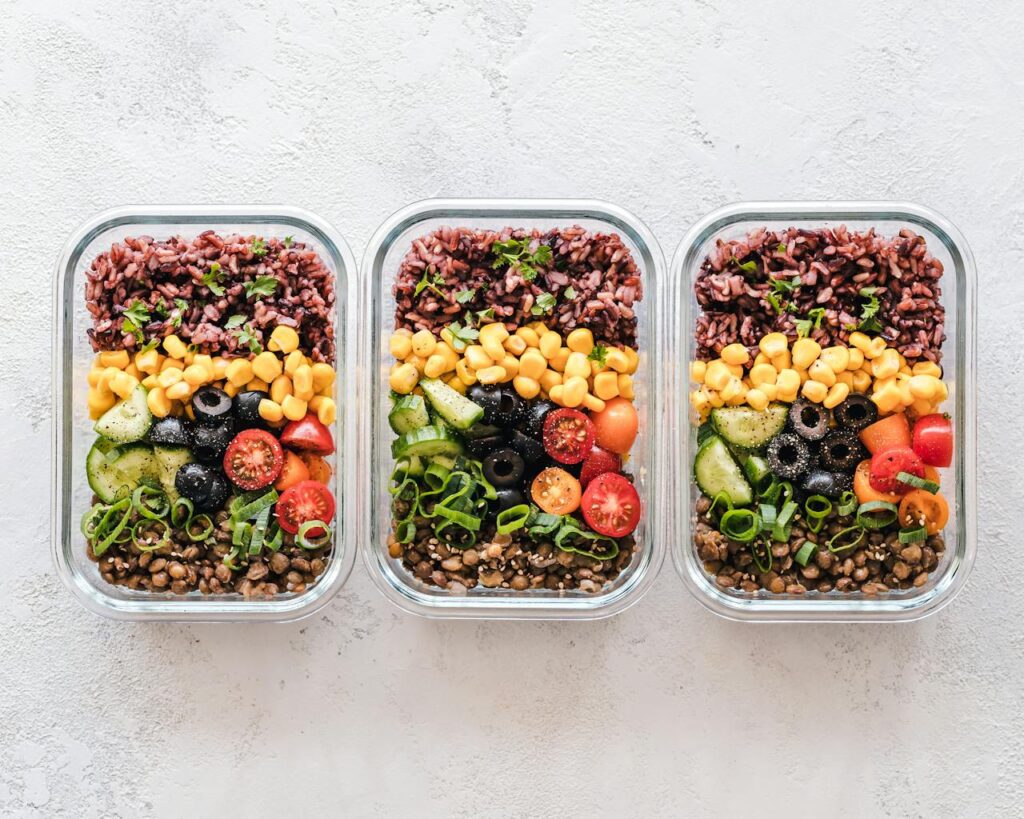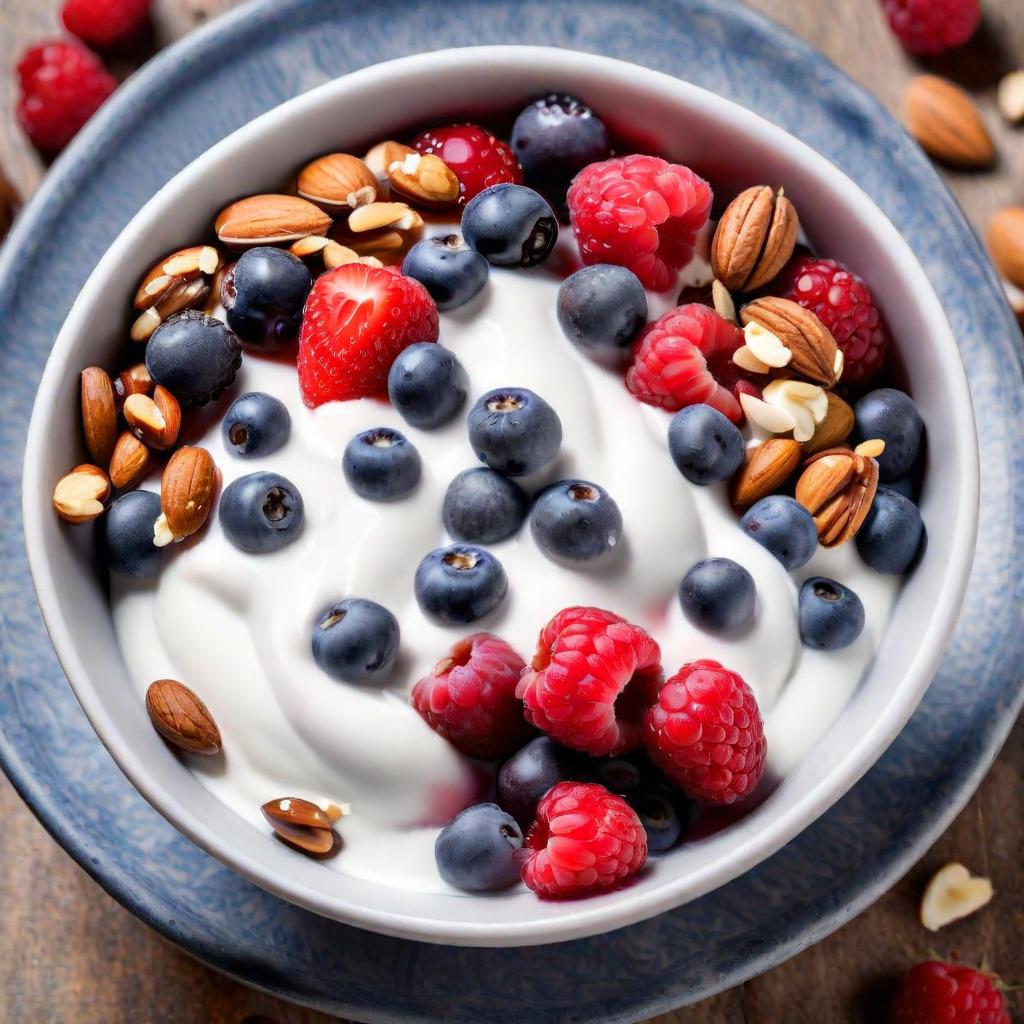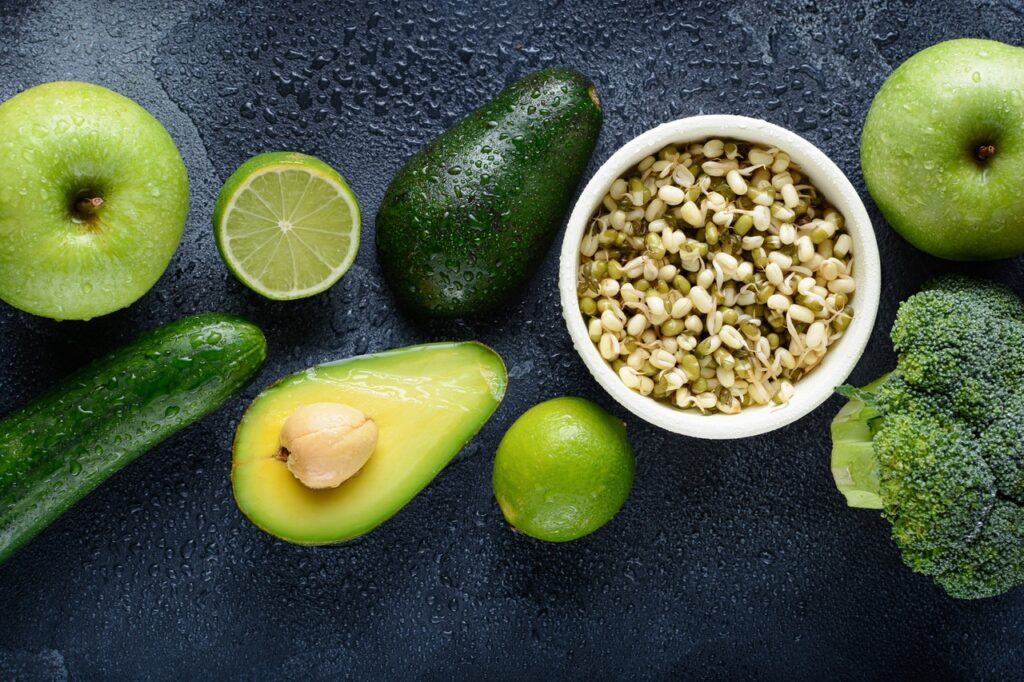Understanding the 2000 Calorie Meal Plan

Definition and Purpose
A 2000 calorie meal plan is designed to provide a balanced diet within the framework of 2000 calories per day. This caloric limit is often recommended for the average adult to maintain their weight and meet their daily energy needs. The purpose of this plan is to ensure a well-rounded intake of essential nutrients while adhering to a specific caloric intake, promoting overall health and well-being.
Who Should Follow This Plan?
The 2000 calorie meal plan is generally suitable for:
- Average adults looking to maintain their weight
- Individuals seeking a structured dietary framework
- People aiming to improve their nutritional intake
However, it’s important to note that caloric needs can vary based on factors such as age, gender, activity level, and specific health goals. Consulting with a healthcare provider or a registered dietitian can help determine if this plan is appropriate for your individual needs.
Importance of Caloric Intake
Caloric intake is crucial because it provides the energy required for bodily functions, including metabolism, physical activity, and maintaining body temperature. Consuming the right amount of calories helps maintain a healthy weight, supports bodily functions, and prevents nutrient deficiencies.
Nutritional Components
Macronutrients Breakdown
Carbohydrates
Carbohydrates are the body’s primary energy source. In a 2000 calorie meal plan, it’s recommended that 45-65% of daily calories come from carbohydrates. This equates to approximately 225-325 grams of carbohydrates per day. Sources of healthy carbohydrates include whole grains, fruits, vegetables, and legumes.
Proteins
Proteins are essential for muscle repair, immune function, and hormone production. It is recommended that 10-35% of daily calories come from protein, translating to about 50-175 grams per day. Good protein sources include lean meats, fish, eggs, dairy products, nuts, and legumes.
Fats
Fats are important for absorbing fat-soluble vitamins and providing essential fatty acids. About 20-35% of daily calories should come from fats, which is approximately 44-78 grams per day. Healthy fat sources include avocados, nuts, seeds, and olive oil.
Micronutrients
Vitamins
Vitamins are vital for various metabolic processes. A balanced 2000 calorie meal plan should include a variety of foods to ensure adequate intake of vitamins such as A, C, D, E, and the B-complex vitamins.
Minerals
Minerals like calcium, potassium, iron, and magnesium are essential for bone health, oxygen transport, and muscle function. A diverse diet with fruits, vegetables, lean proteins, and whole grains will help meet these needs.
Fiber and Hydration
Fiber aids in digestion and helps maintain a healthy gut. Adults should aim for 25-30 grams of fiber daily, which can be achieved through fruits, vegetables, whole grains, and legumes. Hydration is equally important, with a general recommendation of 8-10 glasses of water per day to support metabolic processes and maintain overall health.
Designing Your Meal Plan
Breakfast Ideas
- Oatmeal with Fresh Fruit and Nuts: Combine oats with almond milk, top with berries and a handful of almonds.
- Greek Yogurt Parfait: Layer Greek yogurt with granola, honey, and mixed berries.
- Whole Grain Toast with Avocado and Eggs: Top whole grain toast with mashed avocado and a poached egg.
Lunch Options
- Grilled Chicken Salad: Mixed greens with grilled chicken, cherry tomatoes, cucumber, and a balsamic vinaigrette.
- Quinoa and Vegetable Bowl: Quinoa mixed with roasted vegetables, chickpeas, and a tahini dressing.
- Turkey and Avocado Wrap: Whole grain wrap filled with turkey slices, avocado, lettuce, and tomato.
Dinner Recipes
- Baked Salmon with Quinoa and Asparagus: Baked salmon filet served with quinoa and steamed asparagus.
- Vegetable Stir-Fry with Tofu: Mixed vegetables stir-fried with tofu and a light soy sauce over brown rice.
- Spaghetti with Marinara Sauce and Meatballs: Whole grain spaghetti topped with homemade marinara sauce and lean meatballs.
Snacks and Beverages
- Fruit and Nut Mix: A handful of mixed nuts and dried fruit.
- Hummus and Veggie Sticks: Carrot, celery, and bell pepper sticks with hummus.
- Smoothies: Blend spinach, banana, and almond milk for a nutritious drink.
Health Benefits
Weight Management
Following a 2000 calorie meal plan can help maintain a healthy weight by providing a balanced intake of nutrients without excessive caloric consumption. This can prevent weight gain and support long-term health.
Improved Nutrient Intake
A well-designed meal plan ensures a variety of foods, which helps in meeting daily nutrient requirements. This balanced approach can prevent nutrient deficiencies and support overall health.
Enhanced Metabolism
Consuming balanced meals at regular intervals helps regulate metabolism, ensuring steady energy levels throughout the day. This can improve physical performance and cognitive function.
Check our healthy living and healthy eating blog,https://blissslim.com/healthy-eating-habits-a-guide-to-transform-your-life/
Challenges and Solutions
Common Obstacles
- Meal Preparation Time: Planning and preparing meals can be time-consuming.
- Dietary Restrictions: Managing allergies or intolerances can be challenging.
- Staying Motivated: Maintaining dietary discipline can be difficult over time.
Tips for Staying on Track
- Meal Prep in Advance: Prepare meals in batches to save time during the week.
- Incorporate Variety: Include different foods and recipes to keep meals interesting.
- Set Realistic Goals: Establish achievable dietary goals and celebrate small victories.
Sample 7-Day Meal Plan

Day 1
- Breakfast: Oatmeal with blueberries and almonds
- Lunch: Grilled chicken salad
- Dinner: Baked salmon with quinoa and steamed broccoli
- Snacks: Apple slices with peanut butter
Day 2
- Breakfast: Greek yogurt with honey and mixed berries
- Lunch: Quinoa and vegetable bowl
- Dinner: Vegetable stir-fry with tofu over brown rice
- Snacks: Carrot sticks with hummus
Day 3
- Breakfast: Whole grain toast with avocado and poached eggs
- Lunch: Turkey and avocado wrap
- Dinner: Spaghetti with marinara sauce and meatballs
- Snacks: Mixed nuts and dried fruit
Day 4
- Breakfast: Smoothie with spinach, banana, and almond milk
- Lunch: Lentil soup with a side salad
- Dinner: Grilled shrimp with quinoa and mixed vegetables
- Snacks: Greek yogurt with honey
Day 5
- Breakfast: Scrambled eggs with spinach and whole grain toast
- Lunch: Chickpea and vegetable stir-fry
- Dinner: Baked chicken with sweet potatoes and green beans
- Snacks: Fresh fruit salad
Day 6
- Breakfast: Whole grain cereal with almond milk and banana
- Lunch: Grilled veggie sandwich on whole grain bread
- Dinner: Beef stir-fry with broccoli and brown rice
- Snacks: Celery sticks with almond butter
Day 7
- Breakfast: Cottage cheese with pineapple chunks
- Lunch: Spinach and feta salad with grilled chicken
- Dinner: Baked tilapia with roasted potatoes and asparagus
- Snacks: Smoothie with berries and Greek yogurt
Frequently Asked Questions
Is a 2000 calorie meal plan suitable for everyone?
No, a 2000 calorie meal plan may not be suitable for everyone. Individual caloric needs vary based on age, gender, activity level, and specific health goals. Consulting with a healthcare provider or a registered dietitian is recommended to determine the appropriate caloric intake for your needs.
Can I lose weight on a 2000 calorie diet?
Yes, you can lose weight on a 2000 calorie diet if your daily caloric expenditure exceeds 2000 calories. Weight loss occurs when there is a caloric deficit. However, for some individuals, especially those with lower energy needs, a 2000 calorie intake may be too high to achieve weight loss.
How do I measure portions accurately?
Using measuring cups, kitchen scales, and portion control containers can help measure portions accurately. Reading nutrition labels and understanding serving sizes also contribute to better portion control.
What if I have dietary restrictions?
If you have dietary restrictions, such as allergies or intolerances, you can adapt the 2000 calorie meal plan by substituting ingredients with suitable alternatives. Consulting with a dietitian can help tailor the meal plan to meet your specific needs while ensuring balanced nutrition.
Conclusion
Summary of Key Points
A 2000 calorie meal plan is a structured dietary approach that can help maintain a healthy weight, improve nutrient intake, and enhance metabolism. By understanding the nutritional components, designing balanced meals, and addressing common challenges, you can successfully implement this plan into your daily life.
Encouragement to Try the Plan
Incorporating a 2000 calorie meal plan can be a practical way to achieve balanced nutrition and support overall health. Start by gradually integrating the meal ideas and tips provided in this guide, and remember to consult with a healthcare professional to tailor the plan to your individual needs.


